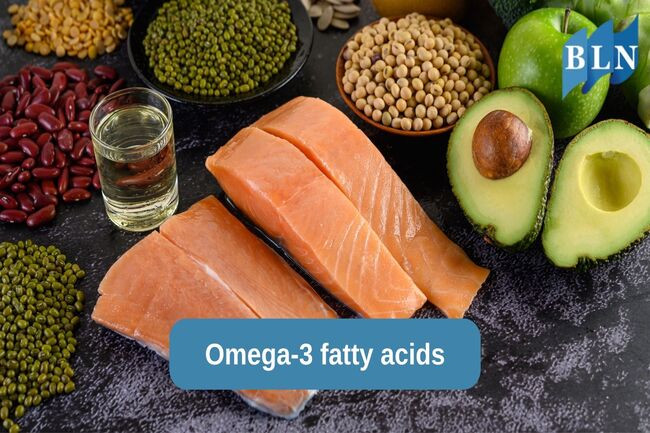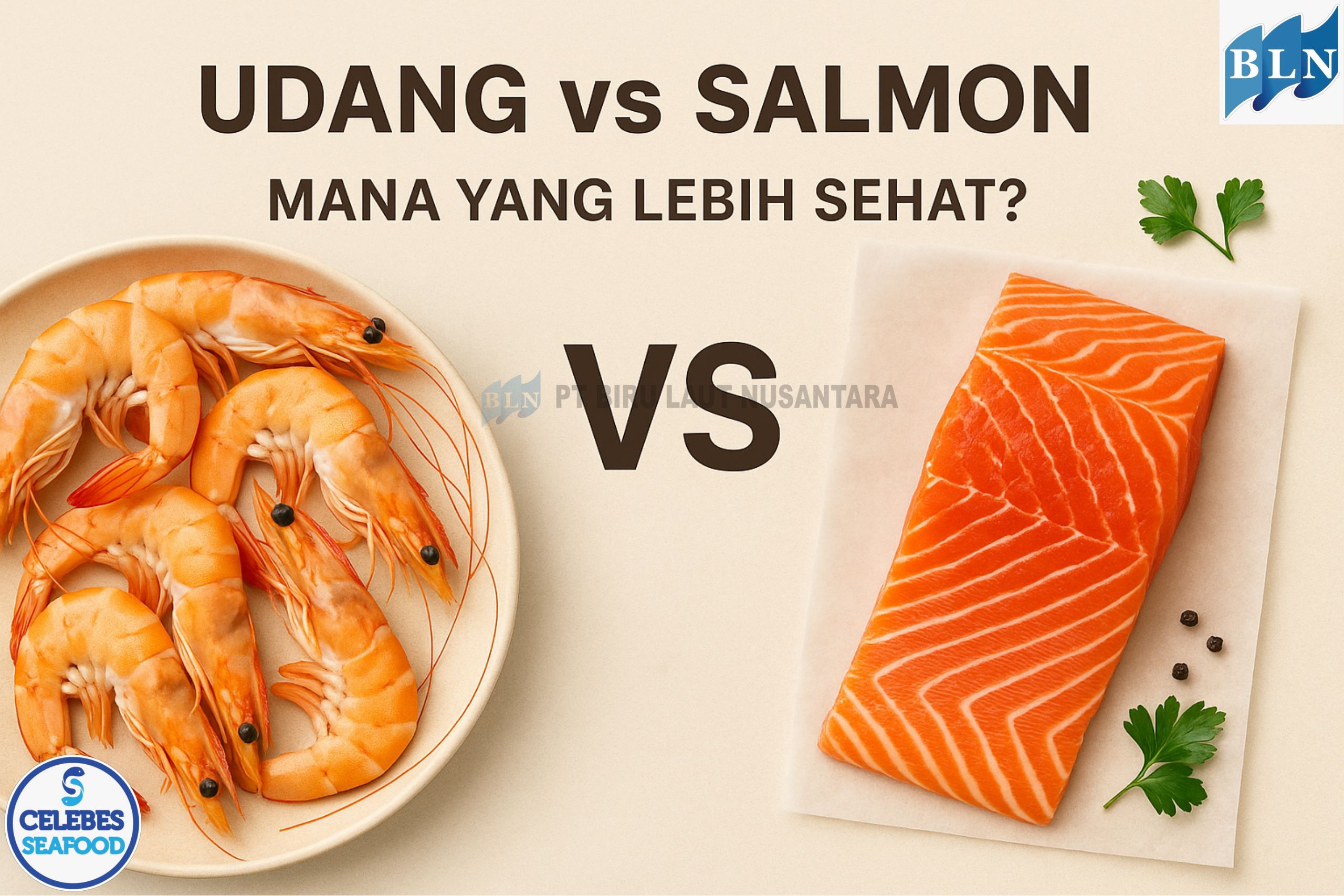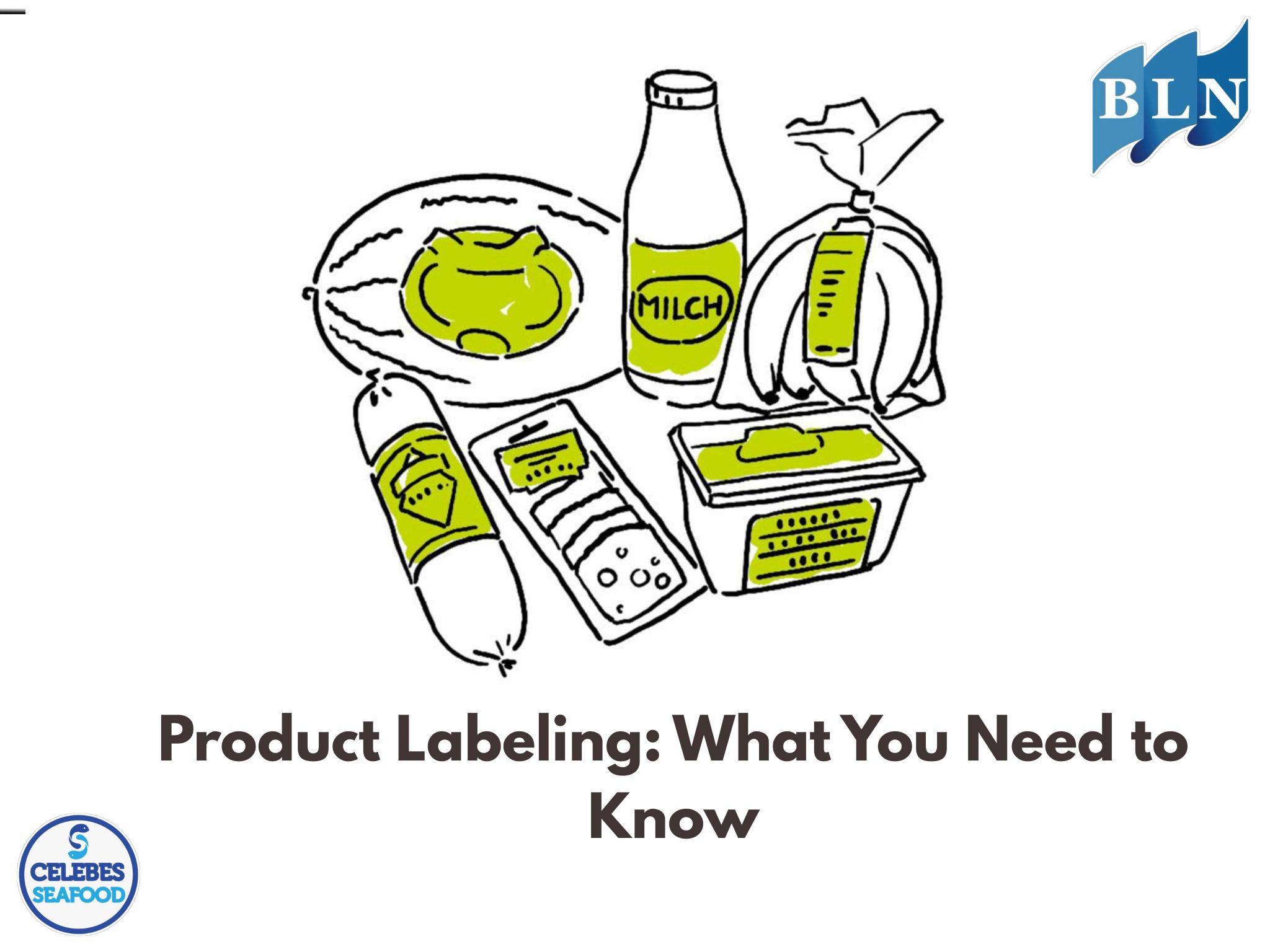Omega-3 fatty acids
By. Nevanda - 23 Feb 2023
lautnusantara.com - Omega-3 fatty acids are important component that builds our cell membranes. We can get these fatty acids from the food that we consumes because our body produced insufficient amount of these fats. There are 3 types of omega-3 fatty acids, eicosapentaenoic acid (EPA), docosahexaenoic acid (DHA), and alpha-linolenic acid (ALA). Two of them, EPA and DHA, are contained naturally in a fish and other seafood. You can find omega-3s in marine fishes like anchovies, herring, mackerel, salmon, sardines, and tuna.
Read also: Here are the Barramundi Description
There are two main types of fatty acid, saturated and unsaturated fat (there are polyunsaturated fat and monounsaturated fat). These terms usually can be found on food nutritional labels. Saturated fat commonly known as bad or unhealthy fats, because they can increase your risk to get a certain heart disease. Meanwhile the unsaturated fats are considered as a good and healthy fats because then can helps to maintain your heart function when used in moderation.
Read also: Huhate as an Environmentally Friendly Fishing Technique
What makes this omega-3 fatty acid special and why you should adding them to you diet? Omega-3 are a part of cell membranes all over our body and affect the function of the cell receptors in these membranes. They provide the starting point to make hormones, that prevent blood clotting and inflammation. Due to these benefit, omega-3s are proven to helps prevent heart disease, control lupus, eczema and other chronic disease.
Read also: This is what pescatarian means
Consuming omega-3s is proven to helps lower your risk to cardiovascular disease when you add them as part of your diet. It is a better to option for food sources (like fish) rather than taking pills. Omega-3s also sold in pills form like fish oil pills and it might have some benefit for certain people. But it is important that you don’t self-prescribe to consuming this pills. You need to talk to your physician for the best results.








